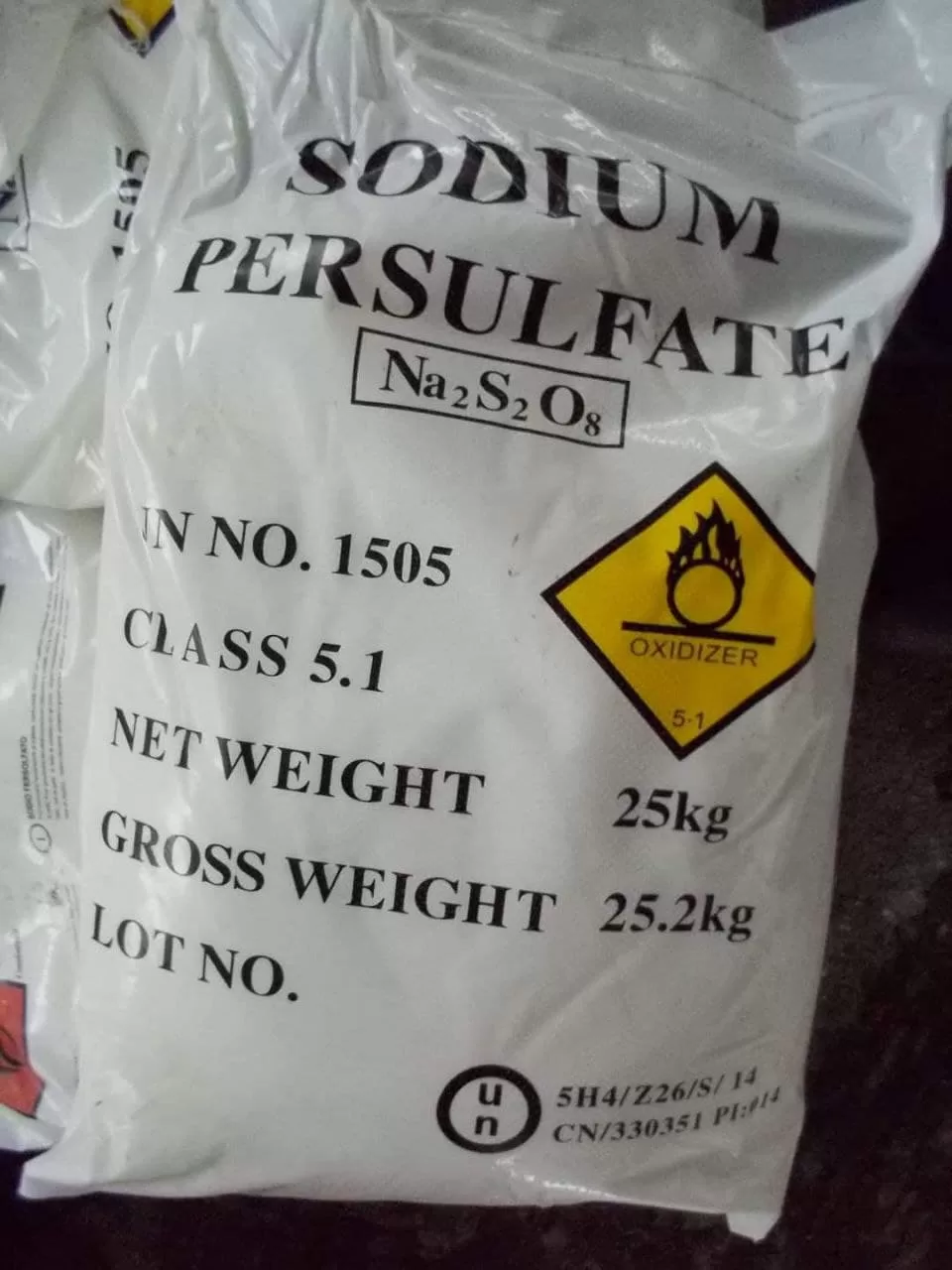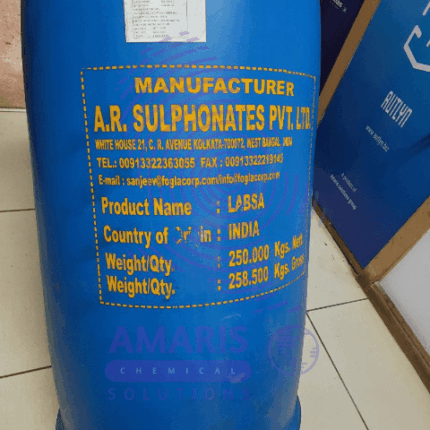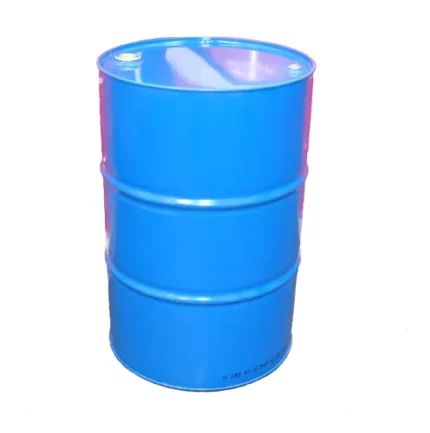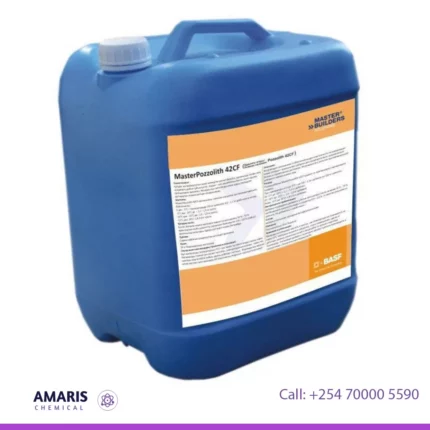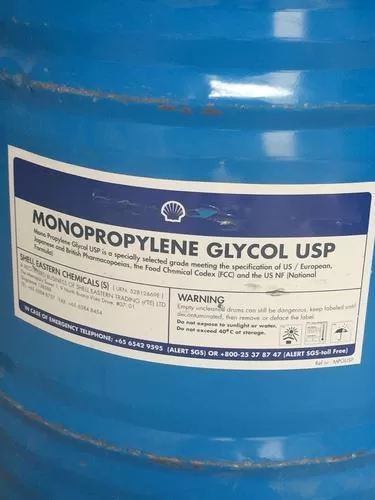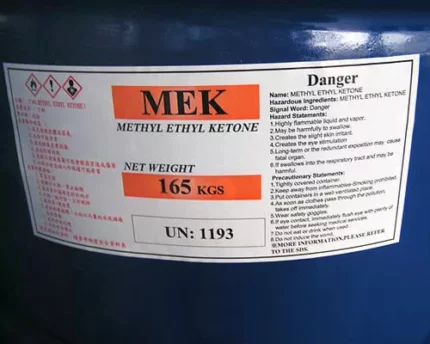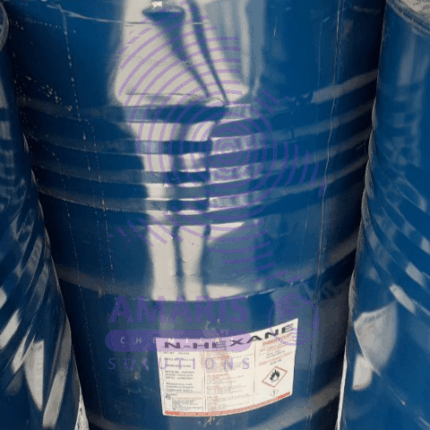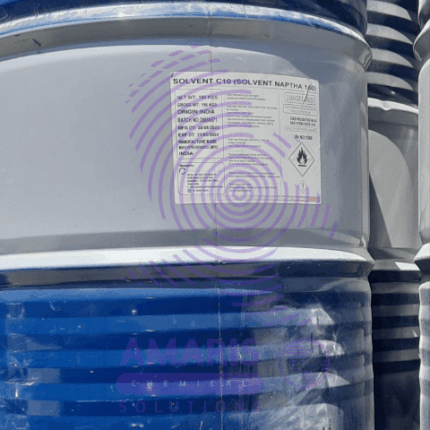“Normal Butanol 165 kg” has been added to your cart. View cart

Sodium formate 25kg
$9,000.00 Original price was: $9,000.00.$8,500.00Current price is: $8,500.00.
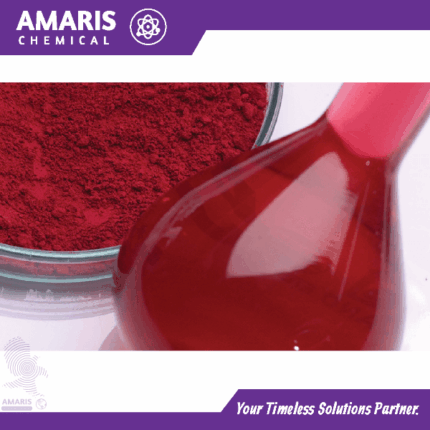
Carmine natural extract
$0.01
Sodium persulfate 25kg
$8,000.00 Original price was: $8,000.00.$7,900.00Current price is: $7,900.00.
Whatsapp Order
Sodium persulfate (Na₂S₂O₈) is a white crystalline solid commonly used as a strong oxidizing agent in various industrial and laboratory applications.
SKU:
ACS67338CHEM0
Category: OTHERS
Description
Table of Contents
ToggleUses of sodium persulfate
Industrial Applications:
- Polymerization Initiator:
- Used as a free-radical initiator in the polymerization of monomers like styrene, acrylates, and methacrylates.
- Essential in producing polymers for plastics, coatings, adhesives, and elastomers.
- Etching Agent:
- Employed in the electronics industry for etching copper on printed circuit boards.
- Provides a cleaner etch compared to traditional ferric chloride solutions.
- Textile Industry:
- Utilized in bleaching and dyeing processes.
- Acts as a bleach for wool and silk.
- Paper Industry:
- Used in the bleaching of paper pulp.
- Helps in achieving a brighter white paper.
Environmental and Chemical Applications:
- Soil and Groundwater Remediation:
- Used in in-situ chemical oxidation (ISCO) to treat contaminated soil and groundwater.
- Breaks down organic contaminants such as petroleum hydrocarbons and chlorinated solvents.
- Chemical Synthesis:
- Functions as an oxidizing agent in various chemical reactions.
- Employed in the synthesis of dyestuffs, detergents, and pharmaceuticals.
- Cleaning and Disinfection:
- Acts as a cleaning agent for laboratory equipment.
- Used in the formulation of cleaning products for its strong oxidizing properties.
Cosmetic and Personal Care Applications:
- Hair Bleaching:
- Incorporated in hair bleaches and lighteners.
- Helps in the oxidation process to lighten hair color.
- Dentistry:
- Occasionally used in tooth-whitening products.
Miscellaneous Uses:
- Oil and Gas Industry:
- Used in enhanced oil recovery processes.
- Helps in breaking down heavy oils to make them more easily extractable.
- Laboratory Reagent:
- Commonly used in laboratories for various analytical and preparative purposes.
- Involved in redox titrations and as a standard for calibration.
Related products
High Temperature Grease
Labsa (Ufacid) 90% 250 kg Drum
LABSA stands for Linear Alkyl Benzene Sulfonic Acid, which is an anionic surfactant commonly used in the production of detergents and other cleaning products. It is produced by sulfonating linear alkyl benzene (LAB), which is derived from crude oil or kerosene. LABSA is a brown viscous liquid with a strong odor and is highly soluble in water. It is a versatile surfactant that has excellent foaming and cleaning properties and is widely used in various industries, including household cleaning, personal care, and textile processing.
Long Oil 1215 215 kg
Master pozzolith
Methoxy Propanol (PM)Glycol Ether 190kg Drum
Methyl Ethyl Ketone (MEK) 165kg
Methyl ethyl ketone (MEK) is a colorless, flammable liquid organic compound with the chemical formula C4H8O. It is a ketone, which means it contains a carbonyl group (C=O) bonded to two carbon atoms. MEK has a sweet, pungent odor and is commonly used as a solvent in various industrial applications such as coatings, adhesives, and printing inks. It can also be used as a chemical intermediate in the production of other chemicals. MEK is highly volatile and can pose health hazards if not handled properly.
N Hexane 136 kg Drum
n-Hexane is a straight-chain alkane with the chemical formula C6H14. It is a colorless, flammable liquid with a slight odor that is commonly used as a solvent and as a raw material in the production of gasoline. In its pure form, n-hexane is highly volatile and can be easily ignited, so it is important to handle it with care.
Solvent Naphtha C10 150 180kg Drum
Solvent naphtha is a term used to describe a group of hydrocarbon solvents that are commonly derived from petroleum. These solvents are typically used in industrial processes such as cleaning, degreasing, and as a diluent in the production of paints, coatings, and adhesives. Solvent naphtha can vary in composition, but it generally refers to a mixture of straight-chain and branched-chain hydrocarbons with boiling points in the range of 130°C to 230°C. The exact composition and properties of solvent naphtha can vary depending on the source of the petroleum from which it is derived and the specific refining processes used to produce it


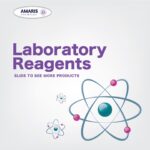
 LABORATORY EQUIPMENT & APPARATUS
LABORATORY EQUIPMENT & APPARATUS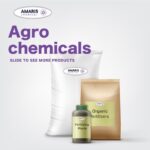
 Fertilizers
Fertilizers Plant Growth Regulators
Plant Growth Regulators Soil Conditioners
Soil Conditioners Animal Feed Additives
Animal Feed Additives Biostimulants
Biostimulants Dough Conditioners
Dough Conditioners Flour Treatments
Flour Treatments Fat Replacers
Fat Replacers Preservatives (baking)
Preservatives (baking)
 Surfactants (cleaning)
Surfactants (cleaning) Builders
Builders Bleaching Agents
Bleaching Agents Enzymes
Enzymes Solvents (cleaning)
Solvents (cleaning) Fragrances
Fragrances

